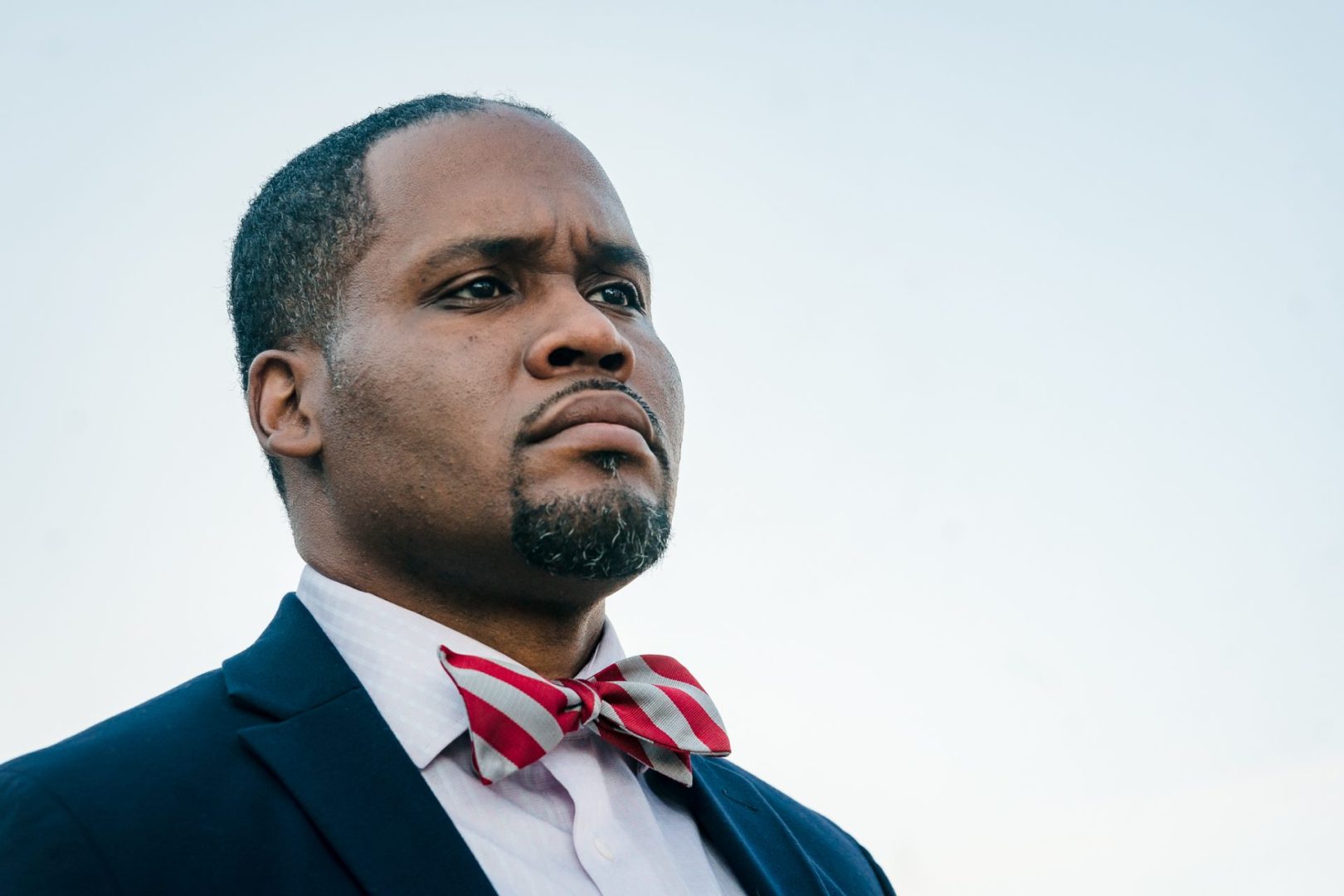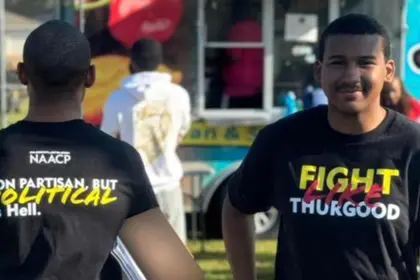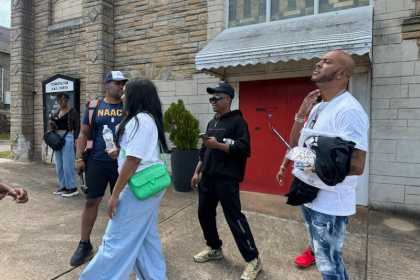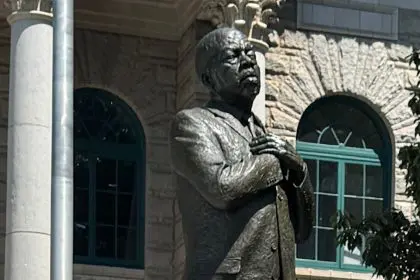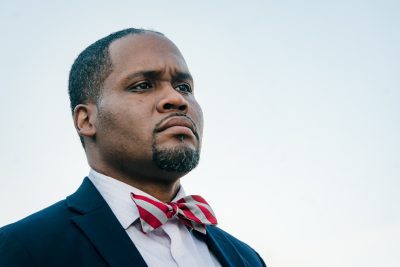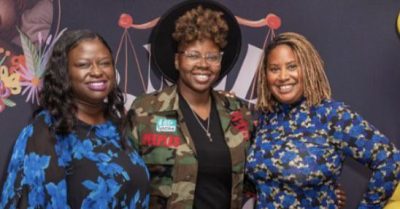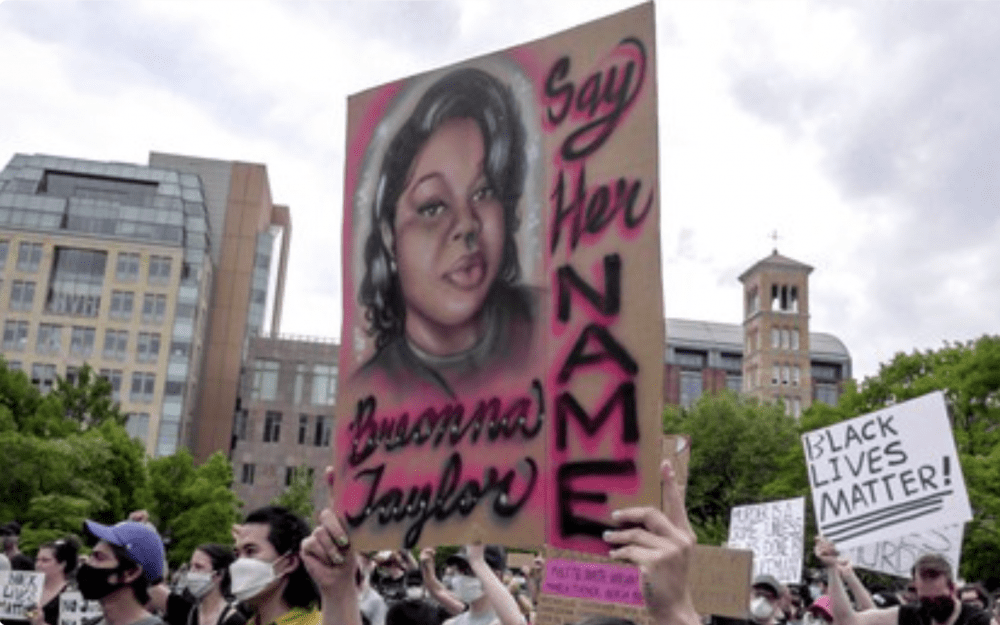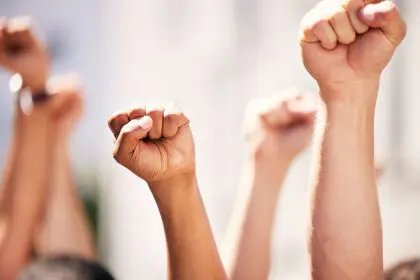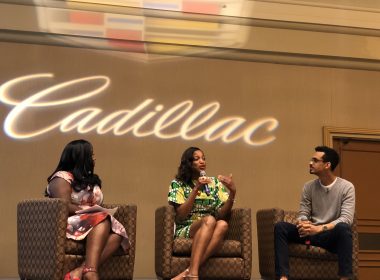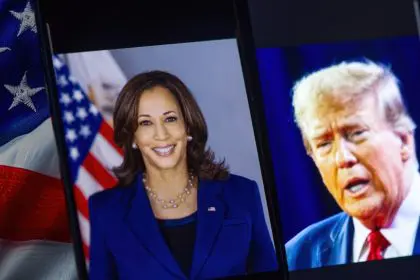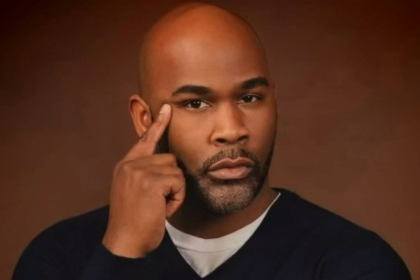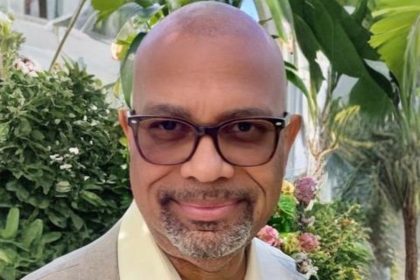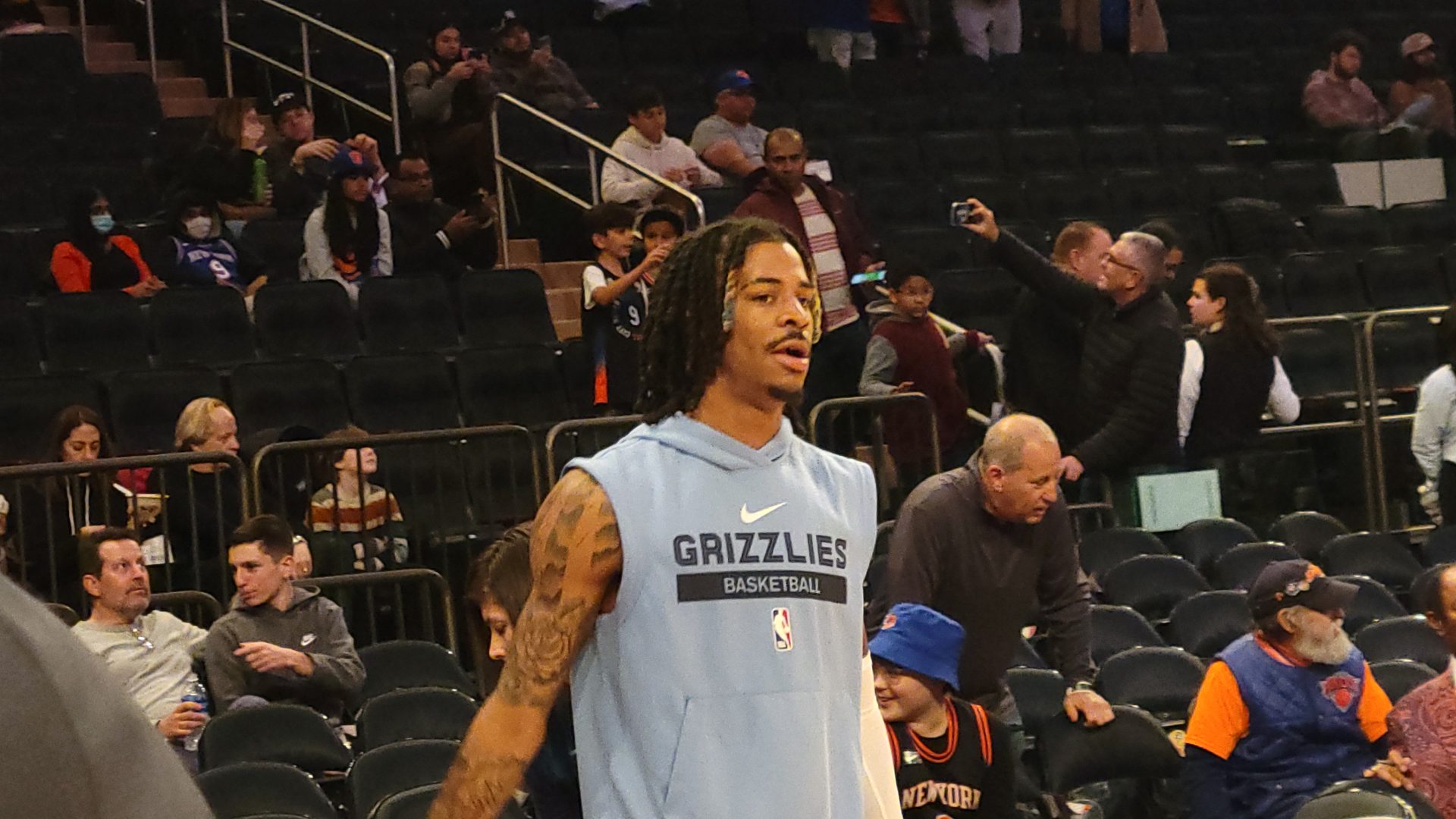The election of Donald Trump in 2016 was not simply a political victory; it was a signal to many that the values we have long fought to protect—equality, justice, and civil rights—would face fresh challenges. Policies aimed at disenfranchising voters, defunding crucial social services and rolling back measures that protect minority communities became center stage. The echoes of this administration’s decisions still reverberate today, impacting education, healthcare, criminal justice and economic stability for marginalized groups. With the re-election of Donald Trump in 2024, we face an in greater moment for mobilization against the roll back of rights and progress.
The NAACP has always been a fortress of hope and action in the face of adversity. We know from history that power concedes nothing without a demand, and now more than ever, we need a well-organized, well-resourced and deeply committed force to push forward our mission for civil rights and racial equity.
Building a Movement That Works
First, we must recognize that the strength of any movement lies in its people. The NAACP is fueled by dedicated community members, tireless volunteers and a history of resilience. But we cannot afford to rest on the victories of the past. To truly defend and advance our rights, we need a surge in membership, active participation and strategic partnerships with other grassroots organizations.
Organizing means mobilizing people from every walk of life—students, working families, faith leaders and business owners—to engage in sustained civic action. We need to build coalitions that understand that our struggles are interconnected. A threat to voting rights in Georgia impacts economic opportunities across our communities. Discrimination in the criminal justice system affects families and neighborhoods nationwide. Our work must be intersectional, recognizing that dismantling systems of oppression requires coordinated efforts.
Strategizing for Long-Term Impact
The fight for justice is not just about responding to immediate threats; it’s about having a clear, actionable strategy for long-term change. This means focusing on four critical areas: protecting voting rights, holding public officials accountable, ensuring equitable access to education and healthcare, and reforming the criminal justice system.
We must double down on efforts to safeguard the right to vote. Voter suppression tactics are nothing new, but they have become increasingly sophisticated. We must advocate for legislation that makes voting easier, not harder, and remain vigilant about attempts to disenfranchise people of color. We need to educate our communities about the power of the ballot box and organize massive voter registration and mobilization campaigns.
Holding public officials accountable is equally crucial. As a civil rights organization, we have the responsibility to call out injustices wherever they appear. This means showing up to city council meetings, engaging with state and national leaders and demanding transparency and fairness in policy decisions.
A Role for Every Voice
We are in a pivotal moment. The power to change our communities for the better lies within us, but it requires action from everyone. Young people, in particular, have a critical role to play. We need the energy and innovation of our youth, who understand that this fight is also theirs. We must create spaces for them to lead, to innovate and to push our organization into the future with fresh ideas.
Furthermore, it’s time to harness the power of technology. From social media campaigns to digital organizing platforms, we must meet people where they are and bring our message to new audiences. The fight for civil rights is no longer limited to church basements and town hall meetings—it’s on our screens, in our pockets, and at the forefront of online discourse.
The Time Is Now
The Trump era may have passed, but its impact remains. We cannot afford complacency or division. The NAACP, at both the local and national levels, must be more organized, more strategic and more determined than ever. Our rights, our communities and our future depend on it.
The need for action is urgent, but we have a legacy of courage to draw from and a future to fight for. Together, we will rise, organize and make a difference—not just for today, but for generations to come. This is a moment in history that will be remembered because of the action of the people and the NAACP stands ready to fight for the people in Georgia.
Gerald Griggs is the President of the Georgia NAACP and a civil rights advocate committed to justice and equality. To Contact the Georgia NAACP please go to: www.georgianaacp.org.

